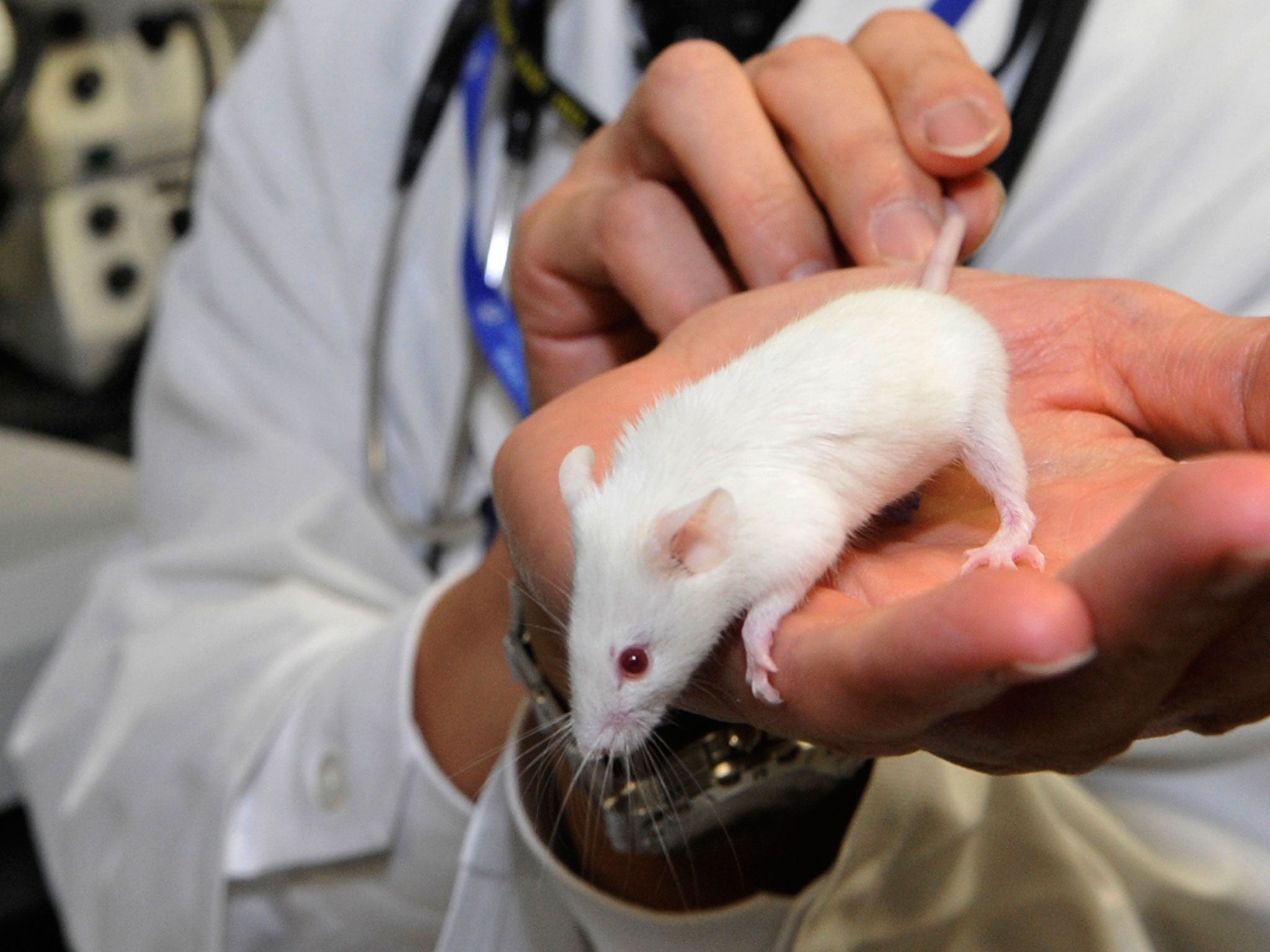Hopes raised for treatment of severe amnesia after scientists retrieve lost memory – using light
A study on laboratory mice has found that a lost memory is still stored within brain cells even though the animals had apparently lost ability to retrieve it

Lost memories have been retrieved with the help of light in a study that could further the understanding and treatment of patients with severe amnesia following injury or disease.
A study on laboratory mice has found that a lost memory is still stored within the brain cells even though the animals had apparently lost their ability to retrieve it, scientists said.
Scientists have long debated the nature of amnesia, with many researchers suggesting that the problem is due to the storage of memory rather than the inability to retrieve it from long-term memory banks of the brain.
In a series of experiments on mice involving a technique called optogenetics – when light is used to activate specific nerve cells in the brain – the researchers found that it was possible for the mice to remember a memory that had previously been lost.
“The majority of researchers have favoured the storage theory, but we have shown in this [study] that this majority theory is probably wrong. Amnesia is a problem of retrieval impairment,” said Susumu Tonegawa of the Massachusetts Institute of Technology in Cambridge, Massachusetts.
A condition known as retrograde amnesia, when memory loss occurs after traumatic injury, stress or diseases such as Alzheimer’s, is probably caused by damage to the brain cells involving memory retrieval rather than memory storage, he said.
The study, published in the journal Science, found that the storage of memory is caused by building new connections between nerves cells in the brain, while the ability to retrieve the memory involves the strengthening of these connections, which can be blocked when the brain is damaged by injury or disease.
Join our commenting forum
Join thought-provoking conversations, follow other Independent readers and see their replies
Comments
Bookmark popover
Removed from bookmarks